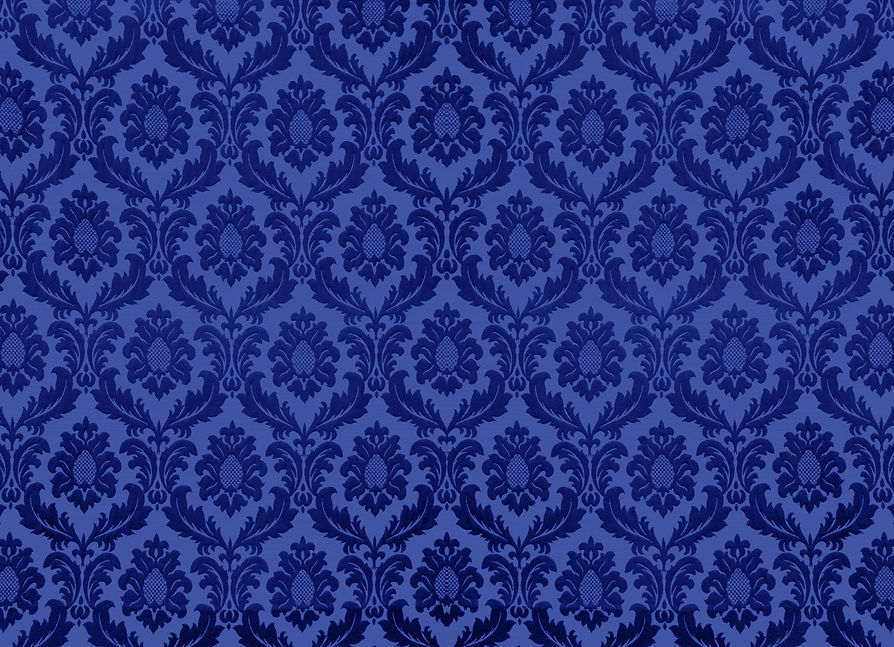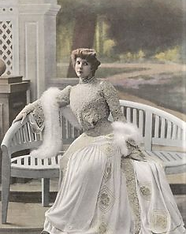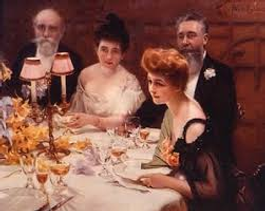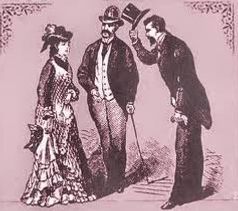


British Humor and Tone
To really get the humor in the musical and deliver it properly, it's necessary to understand the tone and how British comedy works!
First, British comedy is very distinctive and recognizable. Here are some of the key elements:
Sarcasm: saying one thing and meaning the opposite in order to mock or criticize something humorously. Yes, we use sarcasm too, but British rhetoric is heavily sarcastic, often cuttingly. Here's an example from Fawlty Towers - John Cleese is sarcastic in taking the blame.
Irony: showing or commenting on something that is different or the opposite of what is expected. In this Fawlty Towers clip, John Cleese's character is treating a guest badly, which is the opposite of what he expects.
Deadpan Delivery: remaining expressionless and stoic while delivering the punchline, particularly a punchline that is catastrophic or disastrous. British humor is often very dry (delivered emotionlessly). In this clip, John Cleese is deadpan as he insults the kid.
Consider this key distinction: American humor shows that Americans believe that everything will work out for the best. British comedy is cynical, expecting every outcome to be for the worst.

Kind Hearts and Coronets
as Deadpan British Comedy
Louis Mazzini (the Monty character) casually sends a D'Ascoyne (the D'Ysquiths of the film) and his tryst over a waterfall.
Mazzini joins the Women's Suffrage movement to get closer to Lady Agatha and calmly shoot down her hot-air balloon.
Mazzini orchestrates an absurd explosion in the photo studio of one of the D'Ascoynes and sips tea as it plays out.
Mazzini calmly poisons the wine as the D'Ascoyne he's killing talks about how his doctor has told him to abstain from drinking.
Watch the movie here for free: Kind Hearts and Coronets

Edwardian Etiquette and Manners
...for dressing
- Upper-class women are expected to change their outfit at least six times per day. There was a separate clothing style for every activity. Gentlemen would change their clothes, but not as often as women.
- Men remove their hats when in the company of a superior, and never for someone of lower class.
- Women wear gloves every time they leave the house. Gloves are a symbol of social status and should only be removed when absolutely necessary, such as while eating.




Edwardian ladies and their gloves

- Makeup is considered immoral, so aristocratic women and their servants shouldn't wear it. Or, at least, they shouldn't wear dramatic or obvious makeup. Cologne and perfume are permissible in small amounts.
- When it came to hair, a popular style for married women is a bouffant updo. Married women might also wear tiaras. Unmarried women and girls may wear their hair down with accessories like hair bows. Servants should tie up their hair and keep it covered.



Updo, popular style for married women


Long, loose hair, a style for young, unmarried women
- Men usually slick their hair back when dressing for dinner. Men and teenagers should keep their hair short, although young boys can have longer hair. Faces are mostly clean-shaven, as is the prevailing fashion, but those with beards must keep them neat and well-groomed.
...for meal time
- Spoons ought only to be used rarely, when absolutely necessary, such as when one is eating soup. Forks should be used whenever possible.
- If one is responding to a servant who is offering something, one must answer quickly and clearly, but quietly enough to avoid interrupting the conversation.




Edwardian servants
- Don't begin to eat the meat until all sauces and vegetables have been served. No one takes a bite until the hostess does.
- For dinner parties, the hostess thoroughly plans every aspect, from the menu and seating arrangements to the topics of conversation during dinner.



Upper-class dinner parties
- When one finishes eating, they should place their knife and fork side-by-side on their plate. The knife should be right-side up and the fork should have the tines pointed upward.
- During dinner, ladies should remove their evening gloves and lay them in their laps until they are replaced after the last course. After dinner, once the ladies have retired to the parlor or drawing room to have coffee and tea, the gloves should come off again.
...for social interactions
- If two people are conversing, never walk between them unless absolutely unavoidable. If you must walk between them, apologize.
- Never touch someone to get their attention. Address them.
- Sit up straight, and avoid leaning on the back of the chair. Keep your hands out of your pockets. At dinner, keep the clinking of glasses and silverware to a minimum, and bring the food to your mouth instead of bringing your mouth to the food.




Proper posture
- Never look over the shoulder of someone who is reading or writing, whether they are at home or anywhere else.
- When using a handkerchief, be as discreet as possible - especially at the dining table.
- Don't stare and gape at the elegance and fine decor of your host's home, and only offer minimal compliments, lest you give away that you aren't accustomed to surroundings.




Edwardian decor
- When excited, self-control is very important for the comfort and safety of everyone present.
...for dealing with the opposite sex
- During the day, a gentleman should only offer his arm to his wife, a close relative, or an elderly woman. At night, he should always offer his arm to a lady.
- When a lady and a gentleman are introduced, she should curtsey first, and he should return the bow, briefly lifting his hat. They do not shake hands.




Proper greetings
- While gathered for the pre-dinner cocktail hour at a party, the men should stand and the women should sit, having light conversation until all guests arrived.
- Dinner guests are paired off to file into the dining room, and hostesses will often invite a couple more men than women, so that women are not stuck all night interacting with only their husbands. Guests sit around the table alternating men and women, not necessarily next to their dates.
- Unmarried men and women should not meet alone without a chaperone present.



Women/couples and their chaperones
- A gentleman must be attentive to the lady he's with and never ignore her or push her aside.
- It is a gentleman's responsibility to protect his lady from insult, offense, or from witnessing an argument or scene that is unfit for her eyes. However, if the lady is causing the offense, the gentleman should apologize on her behalf.
- A gentleman must be clear in his intentions toward a lady, and not lead her on if he doesn't plan to marry her. He should also never joke about his intentions.



